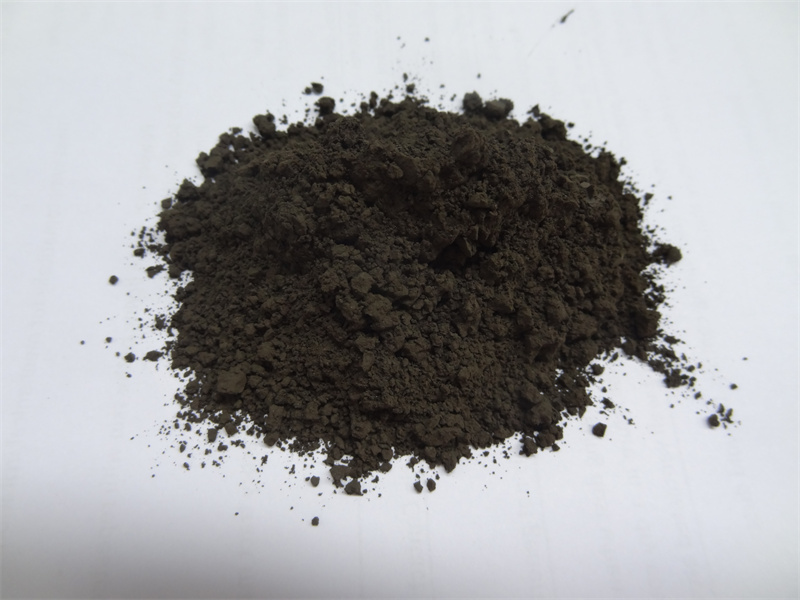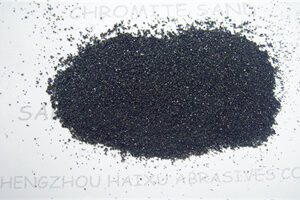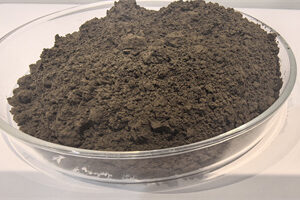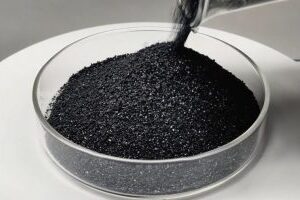What role does iron chrome flour play in glass production?
In glass production, iron chrome flour mainly plays the following roles:
Coloring function
The chromium element in iron chrome flour reacts chemically with glass components at high temperatures to form stable compounds, giving the glass a specific color such as green. This coloring effect is widely used in the manufacture of container glass such as beer bottles and wine bottles. Its color can effectively resist ultraviolet penetration and extend the shelf life of the contents.
Enhance weather resistance
Adding iron chrome flour can improve the glass’s resistance to ultraviolet rays, oxidation and corrosion, allowing it to maintain performance stability and appearance integrity in complex environments, thereby extending its service life.
Optimize production process
Iron chrome flour can improve the melting performance of glass, reduce melting temperature and reduce energy consumption. At the same time, it promotes the discharge of bubbles in the glass liquid, improves the clarification effect, and ultimately obtains a purer and more transparent product.
Improve mechanical strength
By adjusting the amount of iron chrome flour added in the formula, the impact and bending resistance of the glass can be significantly enhanced, and its overall mechanical strength can be improved. Iron chrome flour of different mesh sizes (such as 200 mesh, 325 mesh, 400 mesh, etc.) can be used in ceramics, glass pigments, refractory materials and other fields according to specific needs.





















